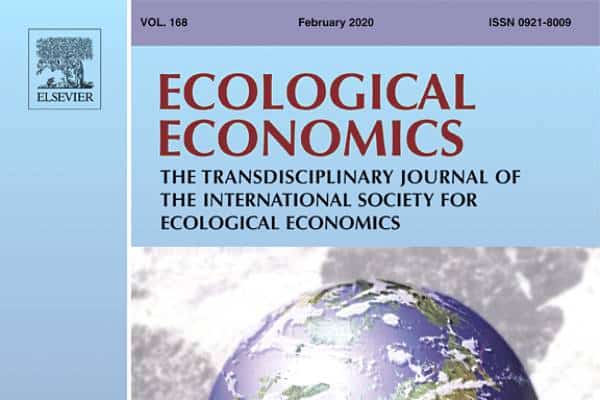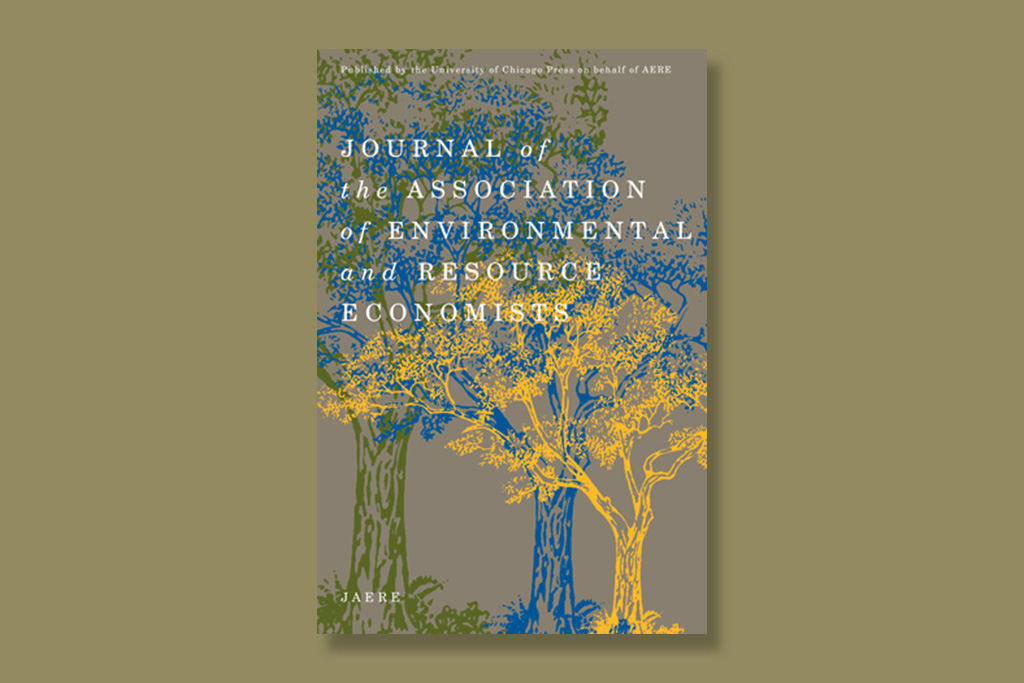An academic paper published by the journal Ecological Economics
Types Archives
Paper Water, Wet Water, and the Recognition of Indigenous Property Rights
An academic paper exploring Native American water rights and natural resource use.
The Ultimate Resource is Peaking
To extend our two-century era of comparatively rapid progress, we need radically reduced discrimination in the global opportunity to innovate.
Opening the Range: Reforms to Allow Markets for Voluntary Conservation on Federal Grazing Lands
“Use it or lose it” requirements can exacerbate conflict by giving ranchers and conservation interests no alternative to political, legal, or administrative conflict.
The Role of Private Lands in Conserving Yellowstone’s Wildlife in the Twenty-First Century
This paper identifies the necessary conditions for a successful expansion of private-lands conservation in the Greater Yellowstone Ecosystem.
Allow “Nonuse Rights” to Conserve Natural Resources
Allowing such “nonuse rights” to public natural resources would enable markets to advance environmental goals, leading to more stable and less contentious outcomes.
Harnessing Visitors’ Enthusiasm for National Parks to Fund Cooperative Large-Landscape Conservation
How national park visitors in the United States could help address the need for wildlife conservation efforts beyond park boundaries, using a case study of the Greater Yellowstone Ecosystem.
Critical Habitat’s Unique ‘Private Land Problem’
Critical habitat designations that penalize private citizens for essential features found on their land discourage them from maintaining or restoring habitat, benefiting neither property owners nor rare species.
Property in Ecology
A new collection of papers on the role of property rights to ecological resources in environmental protection.
Legal and Institutional Barriers to Establishing Non-Use Rights to Natural Resources
If rights can only be established once a resource is used, then the institutions that govern natural resources will be unable to resolve conflicting use and non-use demands.








